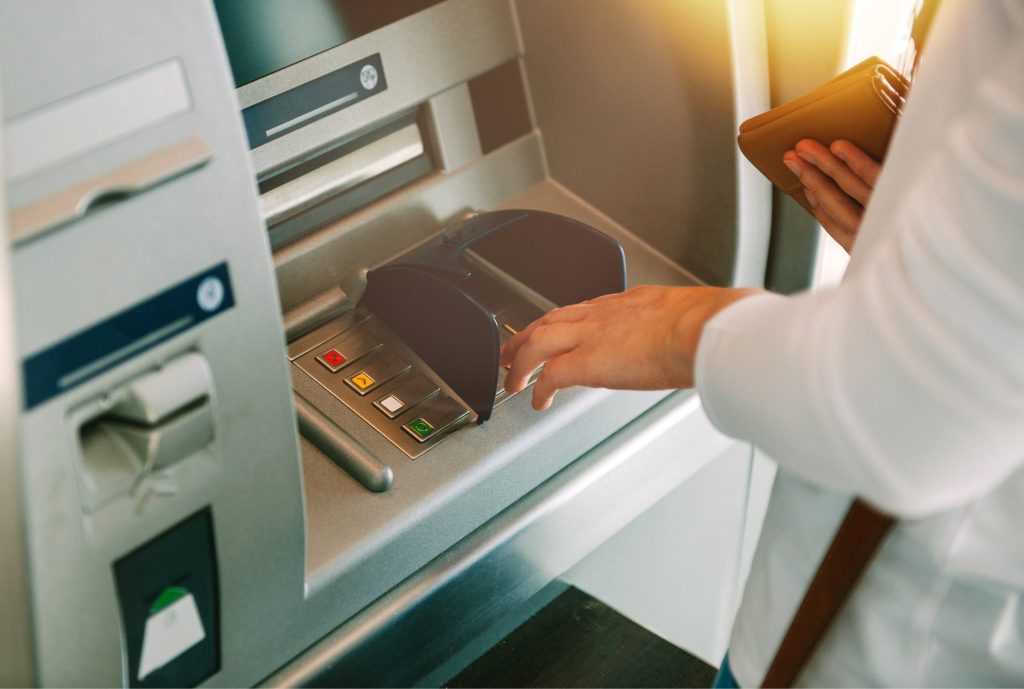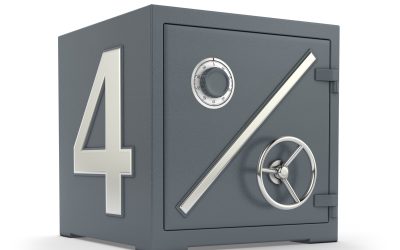
With the recent turmoil in the banking sector, it’s understandable to worry about your bank savings. But before worrying, it’s important to know how your money in the bank is protected. So, how safe is your money, really?
Where is my money?
First, let’s talk about how your bank actually stores your money. When you deposit your money into the bank, they don’t actually keep it on hand. They will usually take your money and loan it to someone for something like mortgages or business loans. Banks are required to keep some money on hand, but not much. Most banks keep about 10% of their capital on hand. This means that 90% of the bank’s assets are not cash.[1]
How can problems arise?
Let’s put this in perspective: suppose a bank has 1 billion dollars stored in it across all its accounts. The bank has access to one hundred million dollars in cash to pay out to its patrons on any given day. If you decided to withdraw $10,000 from that bank, you would only be taking away a very, very small fraction of their available cash. In this case, your request for withdrawal is more than capable of being repaid.
Issues with banks arise when many people withdraw all their money all at once. This can happen if people become worried that a bank may fail. If everyone goes to the bank on the same day to withdraw their money, the bank will run out of cash.
In our example: If 15,000 people all tried to withdraw $10,000 on the same day, the bank would not be able to pay them. Even though the bank technically is storing 1 billion dollars, it only ever has one hundred million in cash on hand. The total amount these people would be withdrawing is one hundred and fifty million dollars, much more than the bank currently has. This situation can lead to the collapse of a bank.[2]
What can you do?
The best thing you can do to protect yourself from a bank failure is to put your money only in banks that are insured through the FDIC or NCUA. This kind of insurance protects up to $250,000 per owner of the account at that bank. As long as your bank is insured in this way, your deposits up to $250,000 (or $500,000 for a married couple with a joint account) are obligated to be paid to you via the FDIC even if your bank goes under.[3]
Next Steps
If you are curious about other strategies that may help protect your financial well-being, please reach out to us for a complimentary review of your finances.



